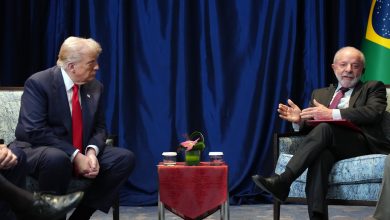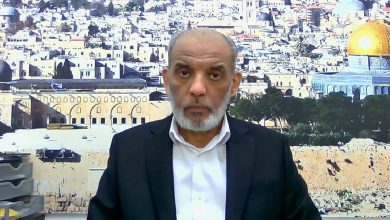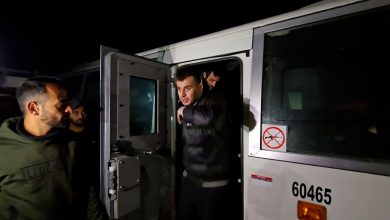Ramallah (Occupied Palestine) – The Israeli occupation authorities released a third batch of 110 Palestinian detainees on Thursday, as part of the ongoing prisoner exchange deal, according to the Palestinian News Agency (WAFA).
However, the release process was marked by Israeli aggression. Occupation forces declared the area around Ofer Prison a closed military zone, preventing the families of the detainees from gathering. They fired live ammunition and tear gas at civilians, wounding around 20 people, including three who were shot with live bullets. In Beitunia, occupation forces also fired tear gas at residents and used bulldozers to block secondary roads, preventing people from reaching the prison to welcome the released detainees.
Despite these restrictions, hundreds of citizens and the families of the detainees gathered at the Ramallah Recreational Complex to receive their loved ones.
Prisoner Exchange and Ceasefire Implementation
As part of the third batch of the first phase of the prisoner exchange deal, the Palestinian resistance released eight Israeli detainees.
This step is part of ongoing efforts to solidify the ceasefire and make progress on the prisoner issue, which remains under close international and local scrutiny.
According to the first phase of the agreement, which lasts 42 days, the Israeli occupation forces are required to:
✅ Withdraw and reposition outside densely populated areas in Gaza.
✅ Exchange prisoners and detainees between both sides.
✅ Return the remains of deceased individuals as part of the exchange process.
✅ Allow displaced Palestinians to return to their homes in Gaza.
✅ Facilitate the departure of wounded and sick individuals for medical treatment.
Additionally, the agreement includes a significant increase in humanitarian aid distribution across Gaza, ensuring safe and efficient access to food, medical supplies, and shelter materials. Key aspects of this phase include:
✔ Rehabilitation of hospitals, health centers, and bakeries.
✔ Delivery of civil defense equipment and fuel.
✔ Providing emergency shelter supplies for those whose homes were destroyed during the war.
The ceasefire and prisoner exchange deal remain at the center of intensive diplomatic efforts, with growing pressure on the Israeli occupation to comply with the terms.
Author: Nor-Eleslam
Gaza ceasefire, Palestinian prisoners, Israeli occupation, prisoner exchange deal, humanitarian aid in Gaza, ceasefire agreement, Palestinian resistance



